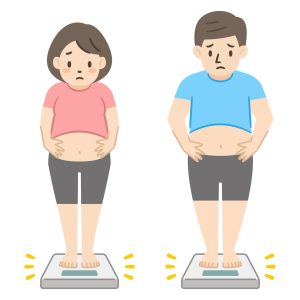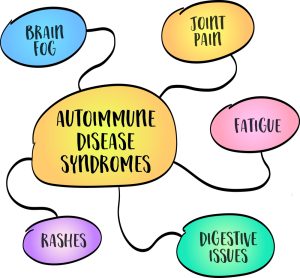 There are a lot of studies done that show that a large percentage of Special Needs Children have metabolic dysfunction. If those problems exist, addressing them would improve a child’s quality of life.
There are a lot of studies done that show that a large percentage of Special Needs Children have metabolic dysfunction. If those problems exist, addressing them would improve a child’s quality of life.
So, how do you know if this is the case? What symptoms are there of metabolic dysfunction?
Here is an article regarding the conditions and symptoms that indicate metabolic dysfunction. Symptoms of Metabolic Dysfunction

 Did you know that for many of these kids, there could be a hidden problem affecting their health—something called metabolic dysfunction? You’ve probably heard the word “metabolism” before, but what does it really mean for a child’s health?
Did you know that for many of these kids, there could be a hidden problem affecting their health—something called metabolic dysfunction? You’ve probably heard the word “metabolism” before, but what does it really mean for a child’s health? Your immune system is your body’s built-in security team. It’s designed to spot anything that doesn’t belong (like viruses, bacteria, or toxins) and send out white blood cells to neutralize the threat.
Your immune system is your body’s built-in security team. It’s designed to spot anything that doesn’t belong (like viruses, bacteria, or toxins) and send out white blood cells to neutralize the threat. Obesity, especially belly fat, is a symptom of the Metabolic Syndrome, which is a cluster of conditions that tell you something isn’t right with your metabolism.
Obesity, especially belly fat, is a symptom of the Metabolic Syndrome, which is a cluster of conditions that tell you something isn’t right with your metabolism.